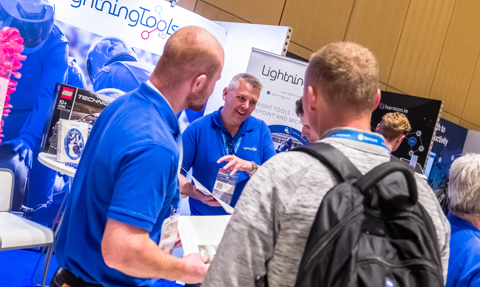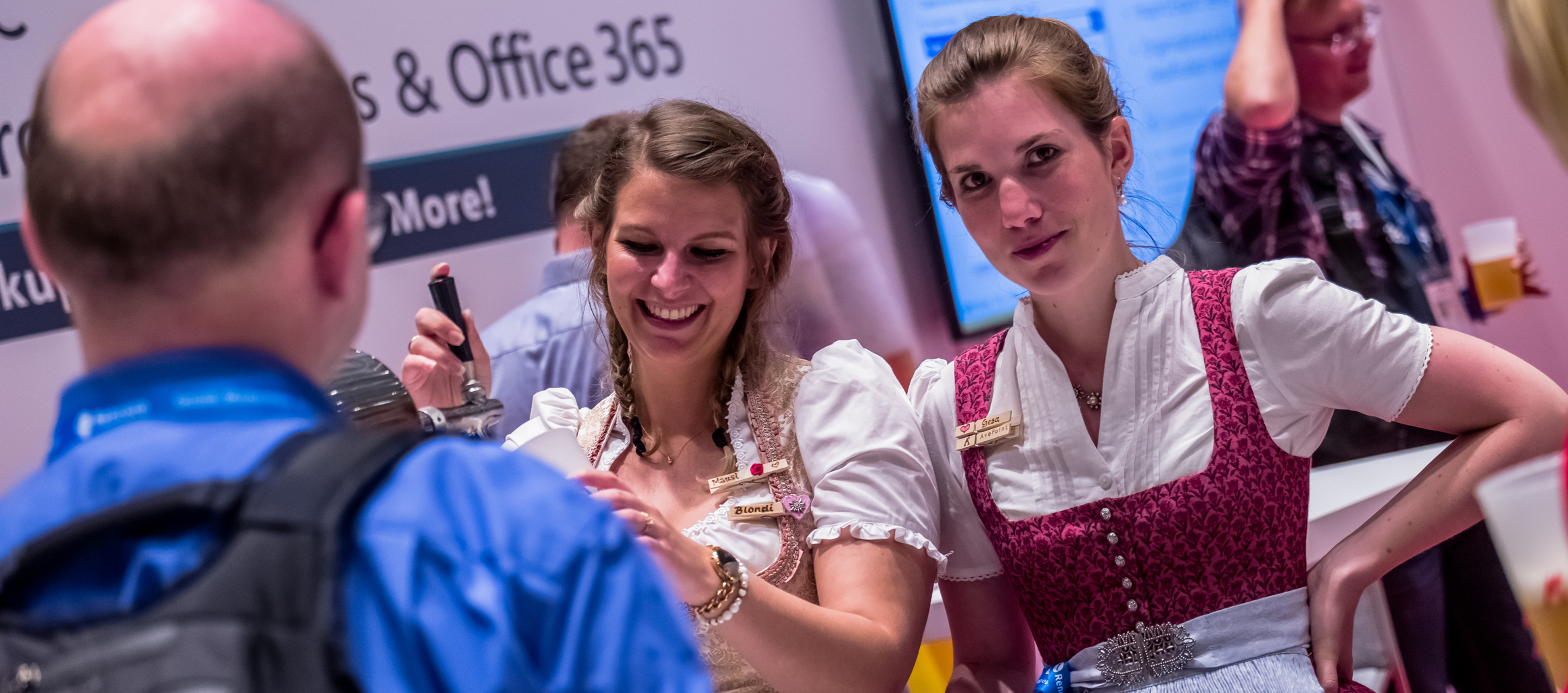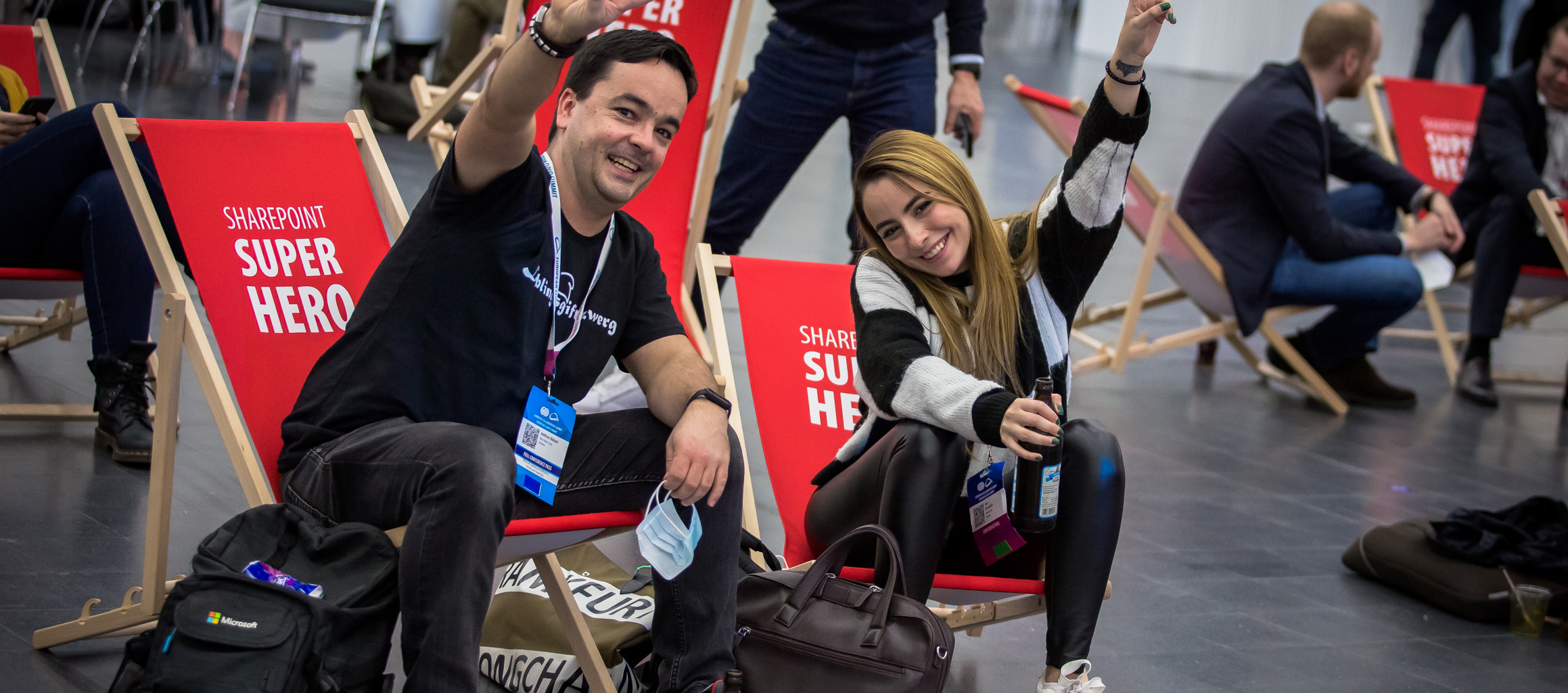Introducing run.events Influencer Marketing: Reach Your Ideal Target Audience at No CPA Cost


Let's face it: the main goal of each event organizer is to sell tickets and drive registrations. Apart from some exclusive events with limited invite-only participation, most event organizers will want to have as many attendees as possible.
The question is, does event tech help them in that regard? Barely. Event tech will take care of the agenda, sponsors, mobile app, ticketing, badging, etc., but it has never been considered its task to help event organizers sell tickets.
Or, at least, that was the case until Monday this week. run.events Influencer Marketing module, publicly released on 19 Feb 2024, is made with that very goal in mind: to help event organizers and marketers sell out events.

run.events' Precision Marketing Tracking is a major change in event marketing. It gives event organizers data-based insights, helping them use their ad budgets more effectively. With this understanding, wasted money on ineffective ads can be greatly reduced or even completely avoided.
If you ask an average event marketer what is in their toolbox, you will hear answers that usually fall into two categories: paid and organic social media marketing. Sometimes three, if event marketers decide to include traditional media, such as radio and TV, in the mix.
Paid social ads are easy to grasp but difficult to implement. They are supposed to reach a new audience, but proper targeting is becoming increasingly difficult. Social networks are more and more relying on AI, and tools such as Meta's Advantage+ Targeting might increase the audience's reach, but it will also decrease its relevance. With current levels of digital noise, which are at an all-time high, it is becoming extremely difficult to keep the signal-to-noise ratio high, and event marketers are forced to find creative ways to cut through that noise, deliver their message, and sell event tickets. For all we know, it will only get more difficult in the future.
Don't get me wrong, paid social media ads are here to stay, regardless of the digital noise we are witnessing. But it will take much more than simply allocating Facebook or Google budgets and creating a few nice graphics to actually sell event tickets this way in the future.
Organic social marketing, on the other hand, caters to the current audience: attendees from previous editions, social media followers, newsletter subscribers. It is an extremely important group: if they have attended your event once, there is a good chance that they will do so again, so you need to cater to them with social media posts and newsletters.
But they aren't considered as likely to bring new people to your event, or at least not in large numbers.
Why is that the case?
run.events took on the task to activate your existing network, your tribe if you wish, and turn them into your influencers, who will help you sell out your event. Let's see whom you typically have in your tribe:
You have your speakers. They are industry experts, known people with a lot of followers. You want to tap into their follower network: those are your likely attendees who might want to register for your event.
You have your existing attendees. Let's say you have sold 500 tickets and you'd like to sell another 500. The probability that your existing 500 attendees will know the other 500 is extremely high. You just need them to talk to each other about your event.
You have your event sponsors and exhibitors. They have their customers, who are also your potential attendees. But you also want their competitors to know about them sponsoring your event - that might bring them to sponsor themselves, and their own customers to attend.
You see how enormous this potential is? You just need to get them talking! And this is what run.events Influencer Marketing is really good at.
I hear you saying: "Yeah right, you think we didn't try that? Only a few of them reacted."
True. We had the same experience. But, try to look at it from their perspective - they all have packed calendars, and here you are, asking them to send you their headshots and bios, then you spend hours creating graphics for them, and then you send those graphics, and then they need to decide where to post it, and take time to write some accompanying text to those graphics, and then to add the right link to the post...
It is an effort. Most of them are not willing to do it because they don't feel it is their job, plus, they believe that none of their peers will be doing it, and they don't want to be the only ones.
On your side, you have no idea who of them has actually done it, nor can you measure any result from all this work and all those efforts. And those results cannot be anything but... moderate, in the most optimistic case.

run.events enables event organizers to enhance interaction between attendees and sponsors through gamification features. Attendees can collect coins by participating in marketing activities, visiting sessions and sponsor booths and use them to purchase sponsor merchandise and giveaways.
What if I told you it doesn't have to be like this. What if I told you that you can activate approximately 50% (this is from our own experience) of your existing network to actually work for you?
Using run.events Influencer Marketing, all they need to do is two mouse clicks. Really, only two. They can do more if they want, but that's optional. Plus, they will see who else has already done it, and the FOBO (Fear Of Being The Only One) effectively turns into FOMO (Fear of Missing Out).
How does all of this work?
This isn't black magic, this is typical run.events engineering excellence:
And voila, suddenly a bunch of people who are usually reluctant to do so are posting into their social networks about your event, and driving your ticket sales this way.
The best part? All of those engagements, all of those clicks, didn't cost you a single penny. Cost of acquisition? Zero. It's just a part of what run.events is.

Of course you can! There is no proper marketing without proper measurement nowadays. 🙂
First of all, you are communicating with a known set of people (your speakers, sponsors, and attendees), and run.events will enable you to know who has engaged and who has posted this on their social networks. Even more important, run.events will also tell you who has not engaged, so you can retarget them with adjusted messaging.
Then, run.events will tell you how many people have actually clicked on those posts and landed on your event site, from any individual post. This way, you can effectively measure who from your network is generating clicks - who is actually popular.
The final and the most important step: run.events will tell you how many tickets have been sold through this. All of this is tightly integrated with run.events Precision Marketing Tracking feature, and you will know who of your influencers has sold how many tickets for you, and you will exactly know which tickets those are. Another beautiful example of how different run.events modules are working hand in hand, and why only fully integrated event management platforms such as run.events make sense for professional event organizers.
The introduction of run.events Influencer Marketing represents an important shift in the perception of event management platforms: they are not only here to help you plan and deliver events. run.events is here to help you sell your events, too.
run.events will help you activate your existing networks of speakers, attendees, and sponsors, turning them into powerful influencers with just a few clicks. Incentives and benefits in the form of coins, which they get for this, will only increase their motivation to do so. Our observation is that approximately 50% of your potential influencers will engage and be a part of your tribe which will help you sell the event.
run.events' capability to measure the direct impact of these engagements on ticket sales through the integration with run.events Precision Marketing Tracking is another important cornerstone in the marketing and sales efforts: you will know which campaigns have worked, and you will be able to replicate that success.
In essence, run.events Influencer Marketing is a strategic ally for event organizers and marketers, enabling them to tap into the power of their tribe's network, thus cutting through the digital noise, and making another step towards achieving their ticket sales goals. And all of that at zero cost per acquisition.